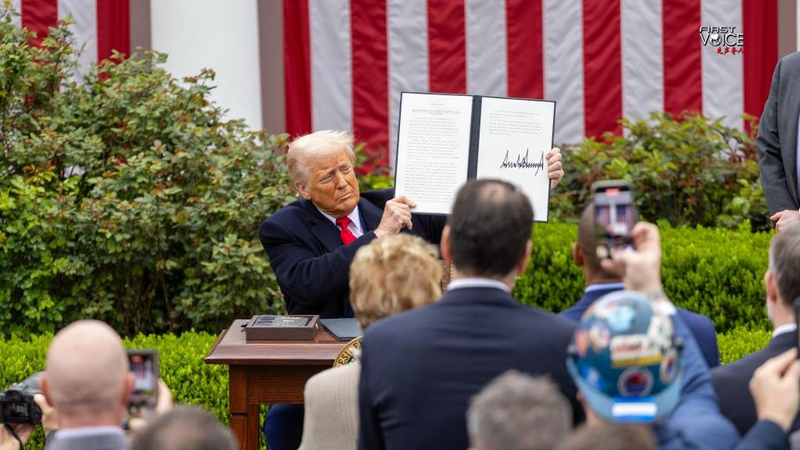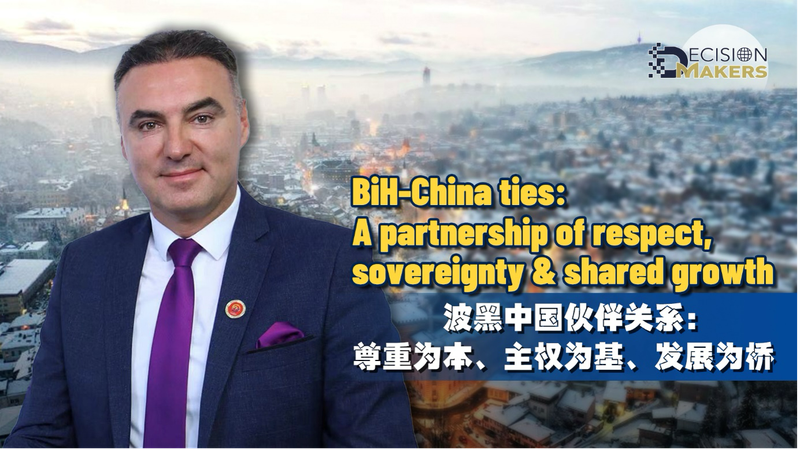February 21 marks the 53rd anniversary of then U.S. President Richard Nixon's groundbreaking visit to China in 1972. This historic trip not only altered the course of world history but also laid the foundation for peaceful development in the Asia-Pacific region. At a time when the Cold War still dominated U.S. politics, Nixon recognized the importance of engaging with the populous People's Republic of China for the future prosperity of Asia and the globe.
Fast forward to today, and similar lessons could be invaluable for the current American president. Donald Trump's administration has introduced a 25 percent tariff on steel and aluminum, along with an additional 10 percent tariff on Chinese goods. These measures have cast a shadow over U.S.-China relations, particularly with the presence of prominent \"China hawks\" in Trump's administration.
However, Trump's rhetoric presents a more complex picture. Despite the imposing tariffs, his conviction to \"get along\" with China and his consistent praise of Chinese Premier Xi Jinping suggest that there might be more to his strategy than simply viewing China as a rival. Instead, Trump may perceive China as a competitor—one with whom he can compete or potentially strike deals.
Implementing the threatened tariffs could have significant repercussions for both the Chinese economy and U.S. consumers, with some experts warning of a possible global recession. Engaging in a trade war-like scenario would likely make it challenging to foster mutual understanding and cooperation on strategic issues that are crucial for both nations.
In conclusion, a harsh tariff policy might defy President Trump's objective to \"make America great\" by damaging economic ties and escalating tensions. Revisiting the spirit of Nixon's landmark visit could offer a more balanced and constructive approach to navigating the complexities of U.S.-China relations.
Reference(s):
Can the spirit of Nixon's China visit be a model for Donald Trump?
cgtn.com




